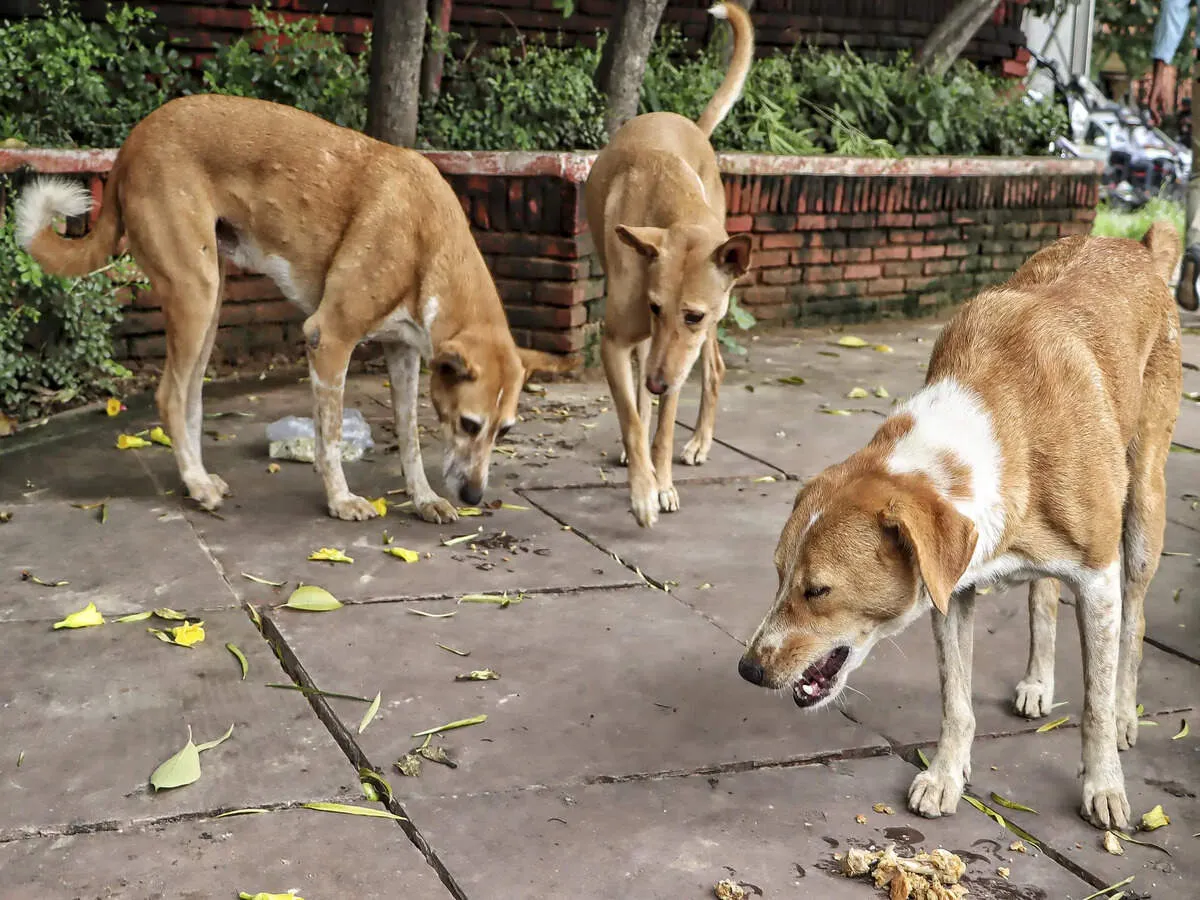Published 03 Nov 2025
Supreme Court Allows Dog Bite Victims To Intervene In Suo Motu Case Without Monetary Deposit; Adds Animal Welfare Board As Respondent
In a major ruling, the Supreme Court allowed dog-bite victims to intervene in the suo motu case on stray dog attacks without paying any monetary deposit. The court also included the Animal Welfare Board of India as a respondent.

Introduction / Case Summary
The Supreme Court of India has taken a significant step in addressing the rising number of dog-bite incidents across the country. In a crucial development, the apex court has permitted dog-bite victims to intervene in the ongoing suo motu case dealing with stray dog attacks — and that too without requiring any monetary deposit.
This move marks a major shift in ensuring that victims have a voice in a case that directly impacts their lives. The Court also directed that the Animal Welfare Board of India (AWBI) be added as a respondent to assist in developing a balanced policy on stray animal management and victim rights.
Background of the Case
The suo motu case was initiated after multiple reports of dog-bite incidents from different states, leading to injuries and deaths — particularly among children and the elderly. The issue has sparked a nationwide debate on how to balance public safety with animal welfare.
Previously, several victims or their families had sought to join the proceedings but were unable to do so due to procedural and financial barriers. The Supreme Court’s latest order removes that limitation, allowing victims to present their experiences and demands directly before the bench.
Supreme Court’s Observations
The bench observed that both citizens’ safety and animal rights must coexist. The Court emphasized that while animals deserve protection and humane treatment, it is equally the duty of local authorities to ensure that public spaces remain safe for all citizens.
The judges underlined that the growing number of unvaccinated and unmonitored stray dogs posed a health risk that could not be ignored. The Court noted that the voices of victims needed to be heard to arrive at a fair and practical policy.
Key Directions Issued by the Court
- Dog-bite victims may now intervene in the suo motu case without paying any security deposit or fee.
- The Animal Welfare Board of India (AWBI) has been made a formal respondent to help the court with data, vaccination policies, and stray-animal management frameworks.
- The Union and State Governments have been directed to file detailed reports on their ongoing measures, including sterilization drives, vaccination status, and compensation policies for victims.
- The Court also asked municipal authorities to ensure safe and hygienic handling of stray dogs while maintaining humane practices.

Role of the Animal Welfare Board
The Animal Welfare Board of India will now play a central role in balancing the needs of both animals and citizens. It is expected to submit data on:
- The number of stray dogs vaccinated and sterilized.
- Measures taken to prevent rabies outbreaks.
- Coordination with local bodies to ensure safe feeding zones and relocation of aggressive animals.
The Board is also tasked with assisting the court in framing long-term guidelines that can be adopted nationwide.
Impact on Dog-Bite Victims and Citizens
For victims and their families, this decision is a ray of hope. It gives them a legal platform to share their struggles, seek fair compensation, and advocate for stronger safety measures.
Until now, most victims faced bureaucratic hurdles when seeking justice or medical aid. By allowing them to intervene directly, the Supreme Court has recognized their right to representation in a case that concerns their health and safety.
At the same time, the Court reiterated that violence or cruelty towards animals cannot be a solution. Stray-animal management, it said, must be guided by science, compassion, and practicality — not anger or fear.
Reactions and Next Steps
Legal experts have welcomed the move, calling it a “balanced judgment” that respects both human rights and animal welfare. Many civic groups have also urged the government to accelerate vaccination and sterilization programs to prevent such incidents in the future.
The Supreme Court will next review the progress reports submitted by the central and state authorities. A follow-up hearing is expected soon, where the newly added Animal Welfare Board will present its findings and recommendations.
In Summary
- The Supreme Court has allowed dog-bite victims to join the suo motu case on stray dog attacks without any monetary deposit.
- The Animal Welfare Board of India has been added as a respondent to assist in policy-making.
- The Court stressed that public safety and animal rights must go hand-in-hand.
- State and central governments have been asked to submit comprehensive reports on their control and vaccination programs.
Conclusion
The Supreme Court’s latest order represents a compassionate yet practical approach to one of India’s most pressing civic issues. By empowering victims and including the Animal Welfare Board in the process, the Court has ensured that every side — human and animal — has a fair voice in shaping future policy.
The decision sends a strong message: protecting people and protecting animals are not conflicting goals — they must be pursued together, with empathy, responsibility, and justice.

Dr Sudheer Pandey
94% of readers found this post helpful
0 Votes
Click a star to add vote